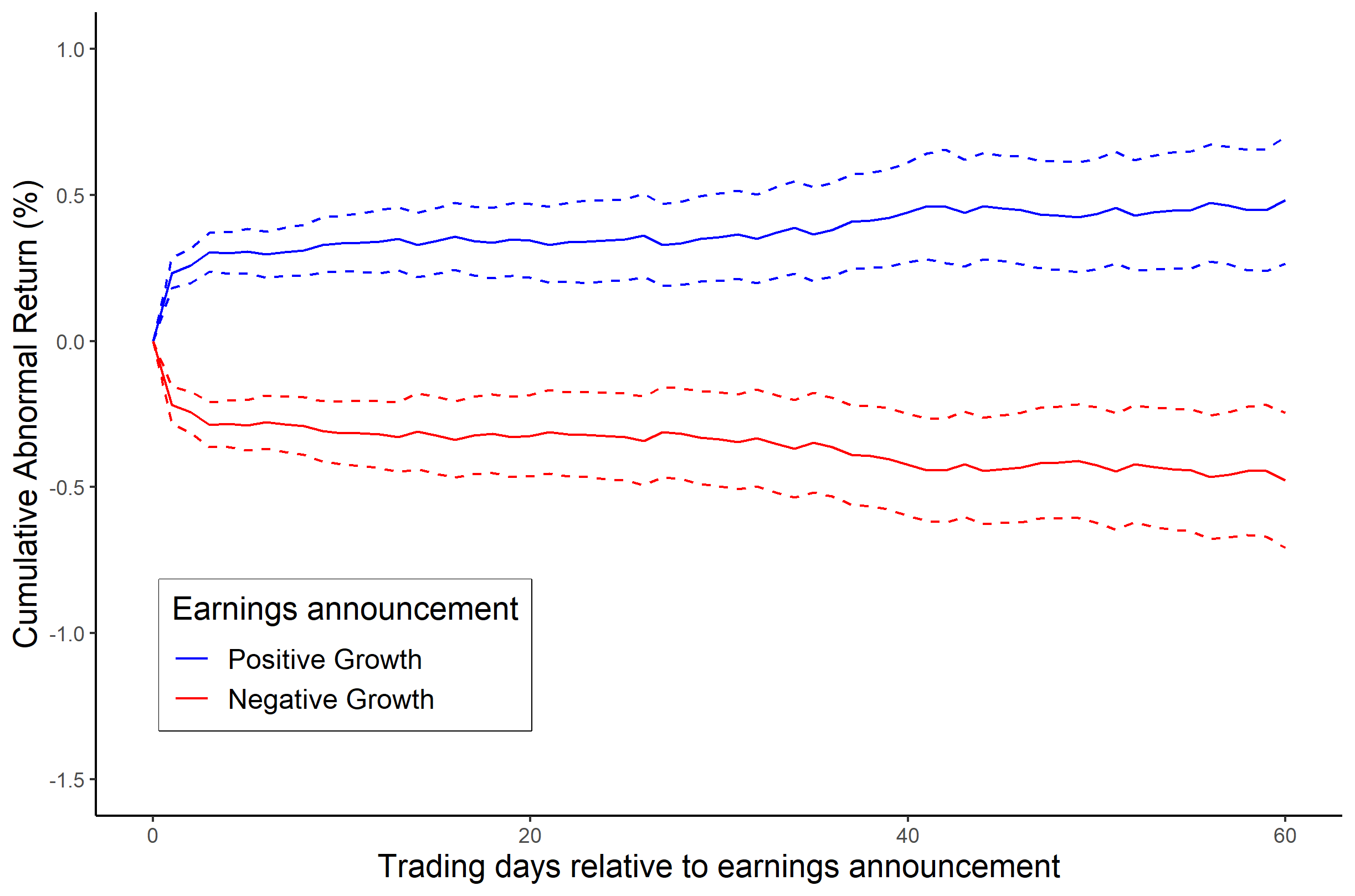
The efficient-market hypothesis (EMH) is a hypothesis in
financial economics
Financial economics is the branch of economics characterized by a "concentration on monetary activities", in which "money of one type or another is likely to appear on ''both sides'' of a trade".William F. Sharpe"Financial Economics", in
Its co ...
that states that
asset
In financial accounting, an asset is any resource owned or controlled by a business or an economic entity. It is anything (tangible or intangible) that can be used to produce positive economic value. Assets represent value of ownership that can b ...
prices reflect all available information. A direct implication is that it is impossible to "beat the market" consistently on a risk-adjusted basis since market prices should only react to new information.
Because the EMH is formulated in terms of risk adjustment, it only makes testable predictions when coupled with a particular model of risk.
As a result, research in financial economics since at least the 1990s has focused on
market anomalies
A market anomaly in a financial market is predictability that seems to be inconsistent with (typically risk-based) theories of asset prices. Standard theories include the capital asset pricing model and the Fama-French Three Factor Model, but a l ...
, that is, deviations from specific models of risk.
The idea that financial market returns are difficult to predict goes back to
Bachelier
Louis Jean-Baptiste Alphonse Bachelier (; 11 March 1870 – 28 April 1946) was a French mathematician at the turn of the 20th century. He is credited with being the first person to model the stochastic process now called Brownian motion, as part ...
,
Mandelbrot, and
Samuelson, but is closely associated with
Eugene Fama
Eugene Francis "Gene" Fama (; born February 14, 1939) is an American economist, best known for his empirical work on portfolio theory, asset pricing, and the efficient-market hypothesis.
He is currently Robert R. McCormick Distinguished Servic ...
, in part due to his influential 1970 review of the theoretical and empirical research.
The EMH provides the basic logic for modern risk-based theories of asset prices, and frameworks such as
consumption-based asset pricing and
intermediary asset pricing can be thought of as the combination of a model of risk with the EMH.
Theoretical background
Suppose that a piece of information about the value of a stock (say, about a future merger) is widely available to investors. If the price of the stock does not already reflect that information, then investors can trade on it, thereby moving the price until the information is no longer useful for trading.
Note that this thought experiment does not necessarily imply that stock prices are unpredictable. For example, suppose that the piece of information in question says that a financial crisis is likely to come soon. Investors typically do not like to hold stocks during a financial crisis, and thus investors may sell stocks until the price drops enough so that the expected return compensates for this risk.
How efficient markets are (and are not) linked to the
random walk
In mathematics, a random walk, sometimes known as a drunkard's walk, is a stochastic process that describes a path that consists of a succession of random steps on some Space (mathematics), mathematical space.
An elementary example of a rand ...
theory can be described through the
fundamental theorem of asset pricing
The fundamental theorems of asset pricing (also: of arbitrage, of finance), in both financial economics and mathematical finance, provide necessary and sufficient conditions for a market to be arbitrage-free, and for a market to be complete. An a ...
. This theorem provides mathematical predictions regarding the price of a stock, assuming that there is no
arbitrage
Arbitrage (, ) is the practice of taking advantage of a difference in prices in two or more marketsstriking a combination of matching deals to capitalize on the difference, the profit being the difference between the market prices at which th ...
, that is, assuming that there is no risk-free way to trade profitably. Formally, if arbitrage is impossible, then the theorem predicts that the price of a stock is the discounted value of its future price and dividend:
:
 The efficient-market hypothesis (EMH) is a hypothesis in
The efficient-market hypothesis (EMH) is a hypothesis in  The efficient-market hypothesis (EMH) is a hypothesis in
The efficient-market hypothesis (EMH) is a hypothesis in